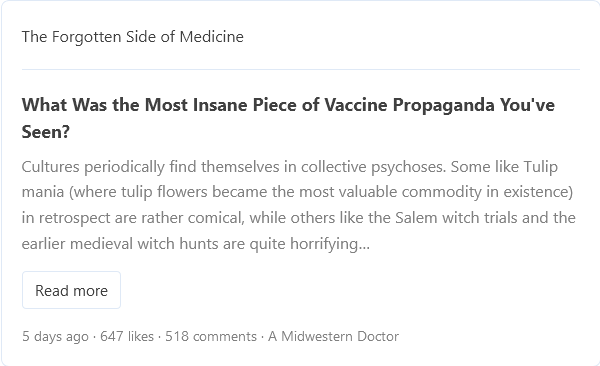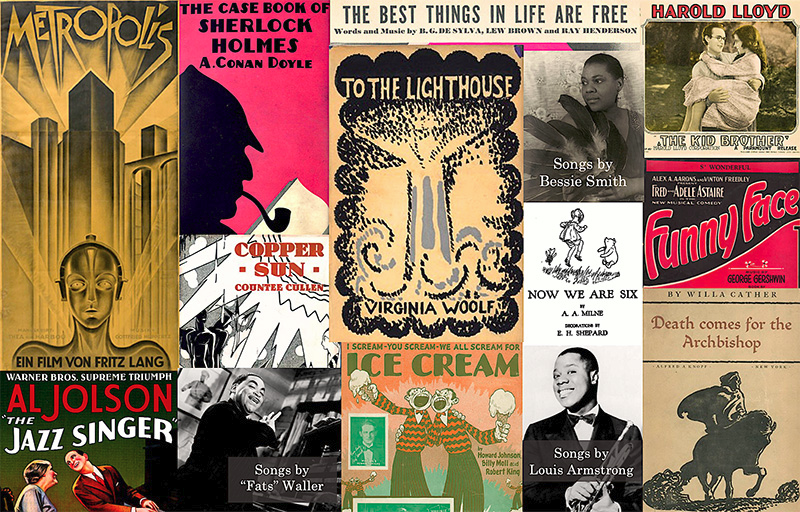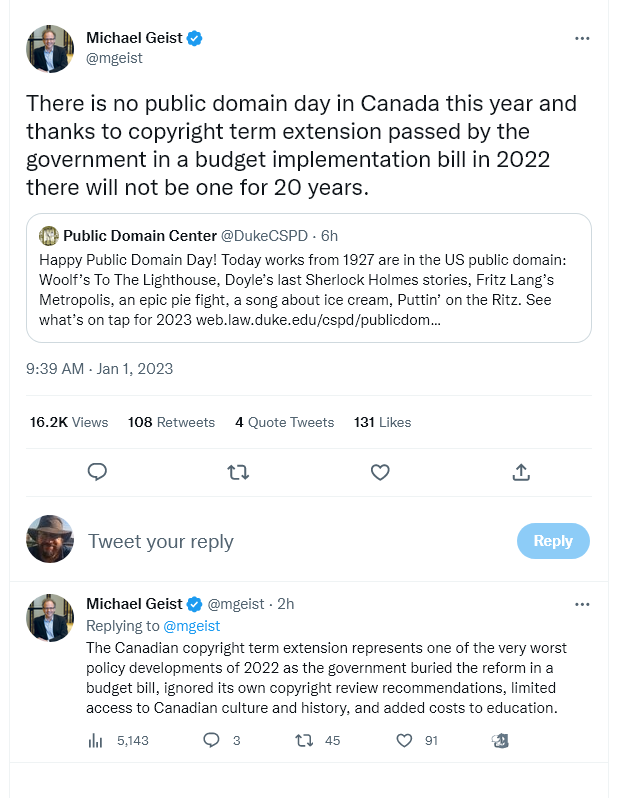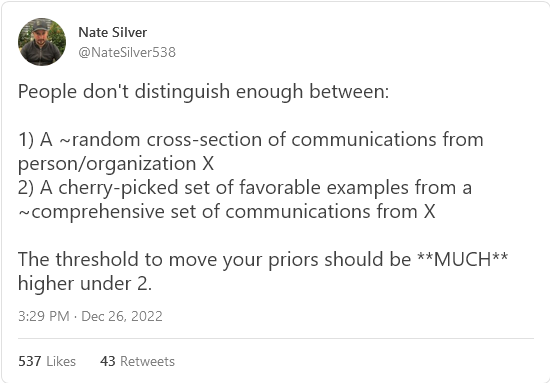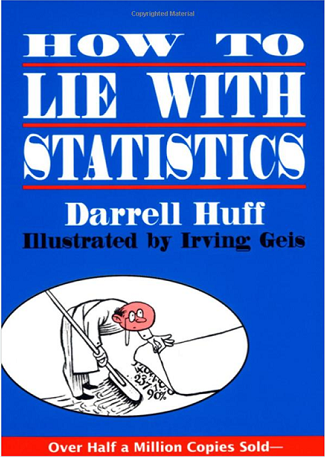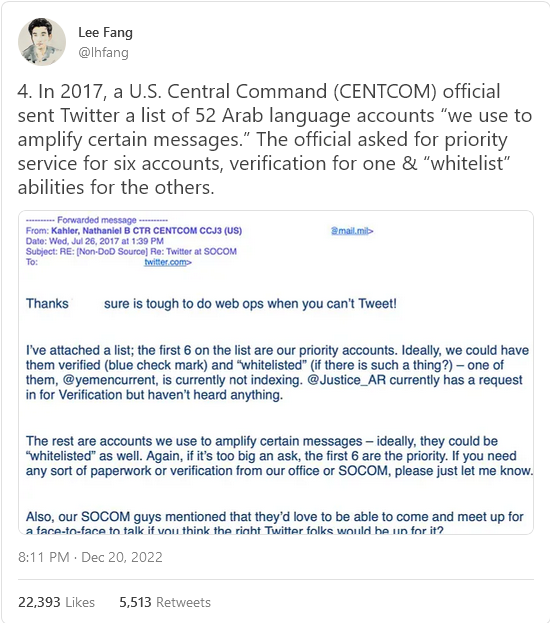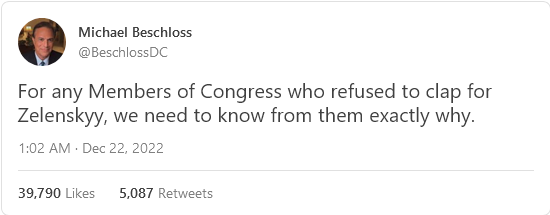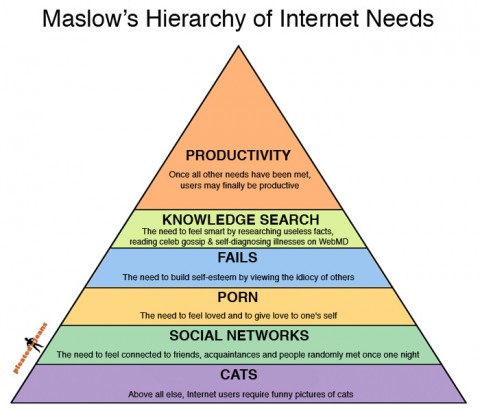Ed West traces the start of “asymmetrical multiculturalism” to a 1916 article in The Atlantic by Greenwich Village intellectual Randolph Bourne and traces the damage that resulted from widespread adoption of the policy:

“Asymmetrical multiculturalism” was first coined by demographer Eric Kaufmann in his 2004 book The Rise and Fall of Anglo-America, and later developed in his more recent Whiteshift, in a chapter charting Bourne’s circle, the “first recognisably modern left-liberal open borders movement”.
Kaufmann wrote how asymmetrical multiculturalism “may be precisely dated” to the article where Bourne, “a member of the left-wing modernist Young Intellectuals of Greenwich Village and an avatar of the new bohemian youth culture,” declared “that immigrants should retain their ethnicity while Anglo-Saxons should forsake their uptight heritage for cosmopolitanism.”
Kaufmann suggested that: “Bourne’s desire to see the majority slough off its poisoned heritage while minorities retained theirs blossomed into an ideology that slowly grew in popularity. From the Lost Generation in the 1920s to the Beats in the ’50s, ostensibly ‘exotic’ immigrants and black jazz were held up as expressive and liberating contrasts to a puritanical, square WASPdom. So began the dehumanizing de-culturation of the ethnic majority that has culminated in the sentiment behind, among other things, the viral hashtag #cancelwhitepeople.”
The hope, as John Dewey said of his New England congregationalist denomination around the same time as Bourne, was that America’s Anglo-Saxon core population would “universalise itself out of existence” while leading the world towards universal civilisation.
These ideas certainly didn’t remain in New England or even the United States, as Britain has certainly seen just how destructive they can be recently:
Late last year I wrote about the tragedy of Telford, a town in the English midlands where huge numbers of young girls had been sexually abused. Telford, along with Rotherham in South Yorkshire, had become synonymous with this form of sexual abuse, mostly committed by men of Kashmiri origin against girls who were poor, white and English.
This is the subject of an upcoming GB News documentary by journalist Charlie Peters, and it is quite clear, from all the various reports, that grooming had been allowed to carry on in part because of the different ways the system treats different groups.
Had the races of the perpetrators and victims been reversed, this tragedy would almost certainly be the subject of countless documentaries, plays, films and even official days of commemoration. But it wouldn’t have come to that, because the authorities would have intervened earlier, and more journalists would have been on the case.
Sex crime is perhaps the most explosive source of conflict between communities, and most recently the 2005 Lozells riots began over such a rumour. It is understandable why journalists and reporters were nervous about this subject; less forgivable is the way that, away from the public eye, those in charge signal how gravely they view what happened.
Until Peters revealed the story, Labour had planned to make the former head of Rotherham council its candidate for Rother Valley; this week Peters revealed that one of the councillors named in a report into the town’s failures to deal with the grooming gangs scandal has gone onto become a senior Diversity & Inclusion Manager working for the NHS. Presumably the people who hired Mahroof Hussain knew about his previous job, and still felt that it was appropriate to have him in a “diversity and inclusion” position. Again, were things different, would a Mr Smith whose council had been condemned for its handling of the gang rape of Asian girls have landed that job? The whole thing seems as morbidly comic as Rotherham becoming Children’s Capital of Culture.
Such a clear inconsistency can only exist because of socially-enforced taboos and norms which have developed over race. In Whiteshift, Kaufmann cited sociologist Kai Erikson’s description of norms as the “accumulation of decisions made by the community over a long time” and that “each time the community censures some act of deviance … it sharpens the authority of the violated norm and re-establishes the boundaries of the group”. Every time an individual is punished for violating the anti-racism norm, it strengthens society’s taboo around the subject, to the point where it begins to overwhelm other moral imperatives.
Then there is regalisation, the name for the process “in which adherents of an ideology use moralistic politics to entrench new social norms and punish deviance”, in Kaufmann’s words. This has proved incredibly effective; after paedophilia or sexual abuse, racism is perhaps the most damaging allegation that can be made.
Few people wish to be accused of deviance, which perhaps explains why Peters’s story has received so little coverage in the press this week. Again, were the roles reversed, it’s not wild speculation to suggest that it would feature on the Today programme, seen as clear evidence of racism at the heart of Britain. When the Telford story broke, it did not even feature on the BBC’s Shropshire home page.

